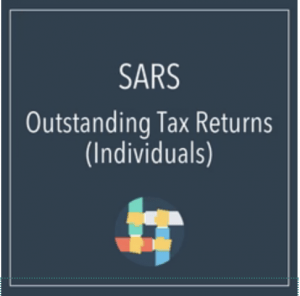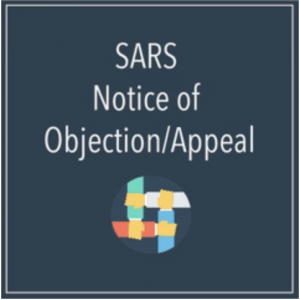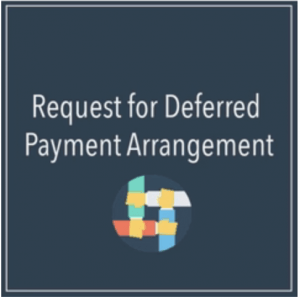Drowning in tax debt? Don’t owe the South African Revenue Service (SARS) the tax liability they say you do? Perhaps you don’t even know whether or not you have a tax liability due.
Deciphering tax assessments and managing tax debt can be overwhelming. SARS does, however, provide resources and channels through which you can gain a better understanding of your tax compliance status and tax liability. In addition, you can make certain applications or requests to SARS to manage your tax liability. We break these all down for you here.
1.Understanding your tax status
In order to determine if you are up to date with your tax affairs, you can easily check your tax compliance profile via eFiling. We recommend that you do this regularly to ensure you have no outstanding submissions or payments which could result in the accrual of penalties and interest.
Non-compliance can result if you have outstanding tax returns which need to be submitted or debt that still needs to be paid. Creative CFO can assist by performing an analysis of your tax profile and providing you with a report of your tax compliance status.
On completion of the required tax submissions, SARS will issue yearly assessments (ITA34 for individuals and ITA34C for companies). These assessments depict the tax liability due, if any. If you do not understand how SARS derived this tax liability you can request reasons from SARS via eFiling within 30 days from the date of assessment.

2.Verification and audit
If SARS notify you that you have been selected for verification or audit please don’t panic! A verification is merely a face-value verification of the information declared in the return. An audit, however, is an examination of the financial information submitted to determine whether you have correctly declared the tax position to SARS. By its nature, an audit is a more extensive process than verification and the scope could be broader.
In both instances, it is important to ensure you submit the required information within 21 days of the SARS notice to avoid unnecessary penalisation.
3.Dispute resolution
Should you disagree with your assessment, you can object to SARS within 30 days from the date of the assessment (or from the date the written reasons are provided). The objection must specify in detail the grounds upon which it is made and must be in the prescribed Notice of Objection (ADR1) form. Creative CFO can assist you in compiling an objection in this prescribed form and submitting this to SARS.
Should SARS disallow the objection, taxpayers still have the right to appeal against such a disallowance.

4. Deferred payment or compromise of tax debts
If there is no disagreement about your tax liability but you are not in a financial position to settle the full amount owing immediately, you can request adeferred payment or compromise arrangement.
- A deferred payment arrangement is essentially a payment plan with SARS to settle the debt. You are required to motivate your case and show a deficiency of assets or liquidity which will likely be remedied in the future. Creative CFO can assist you in motivating and preparing a deferred payment request.

- A compromise is an agreement wherein the taxpayer will pay an amount which is less than the full amount owing, and SARS will write-off the remaining portion. This is a financially intrusive process and requires that the tax debt is considered uneconomical to pursue. Bear in mind that this is not a decision SARS takes lightly. Creative CFO can advise and assist you in preparing the request for a compromise of tax debt.

If you would like assistance with any of the above requests or applications, Creative CFO is here to help, just click on the applicable product and we will get in touch.
